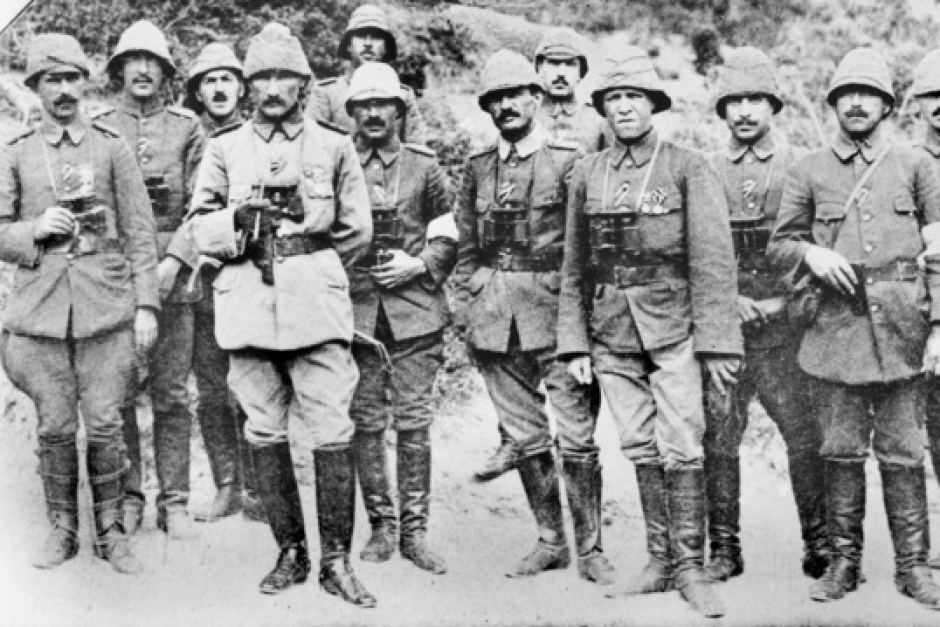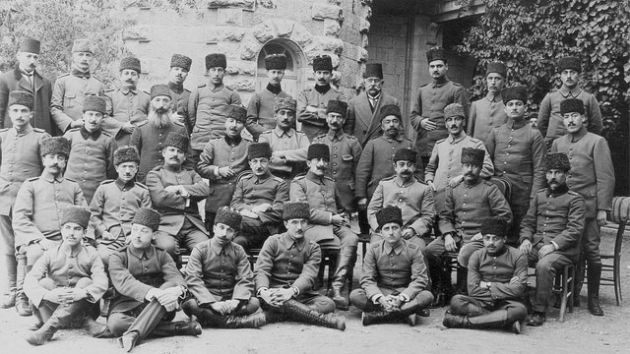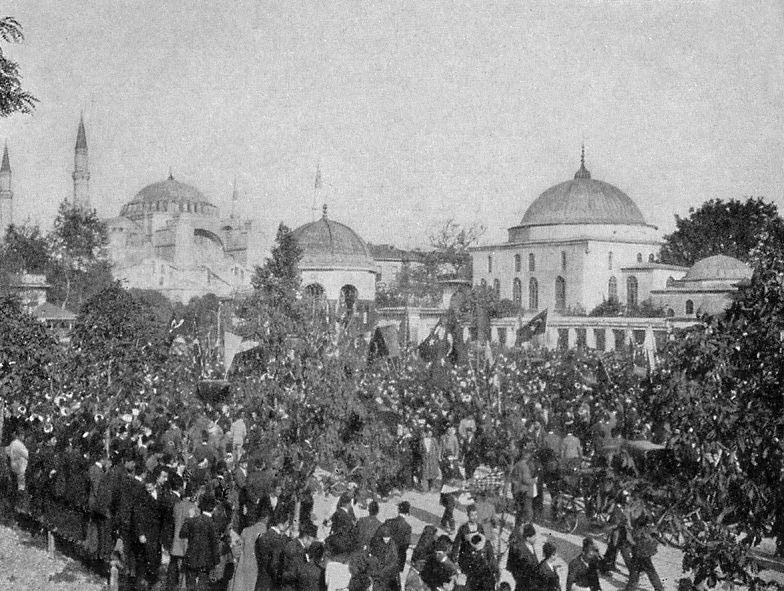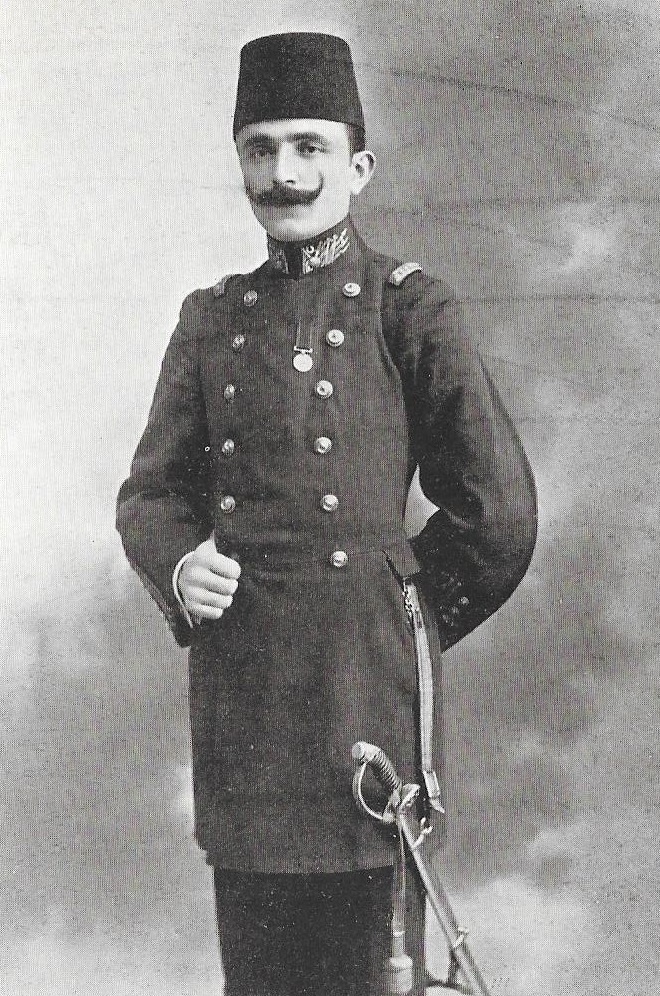What To Do with its Myriad Peoples?
Who Will Pay for It All?
Is the U.S. the Answer? Questions Abound.
Far away from the peace negotiations in Paris, at the southeast tip of Europe, another great city is lamenting the past and thinking uneasily about the future.
So reports historian Margaret Macmillan.

The Ottoman Turk command.
“Byzantium to the Greeks and Romans, Constantinople to the peacemakers, Istanbul as it was to the Turks,” now the Ottoman Empire in its turn was on a downward path.
“The city,” she reports, “was crammed with refugees and soldiers from the defeated armies, short of fuel, food, and hope.” Their fate, indeed that of the whole empire, appeared to depend on the Paris Peace Conference.”

Ottoman Turkish forces.
The Ottoman Empire made the colossal mistake of siding with Germany in the war, and opposing the Allied powers. “It was a gamble that failed,” writes Macmillan. The Ottoman Empire fought astonishingly bravely, given its relative weakness. In the Middle East (then known as Mesopotamia) and at Gallipoli, “Turkish soldiers humiliated the Allies, who had expected quick victories.
“But by 1918, Ottoman luck had run out.”
“Their empire had gone piecemeal before the war. Now it melted like snow.”
Macmillan elaborates: “The Arab territories had gone, from Mesopotamia to Palestine, from Syria down to the Arabian Peninsula. On the eastern end of the Black Sea, subject peoples – Armenians, Georgians, Azerbaijanis, Kurds – struggled to establish new states in the border lands with Russia.”
“General attitude among Turks” reports an American diplomat, “is one of hopelessness, waiting the outcome of the peace conference.”

Demonstration in Constantinople.
“Like so many other peoples, they hoped the Americans would rescue them. Self-determination might salvage at least the Turkish-speaking areas of the east.”
In Constantinople intellectuals founded a Wilsonian Principles Society.
The Ottoman Turks signed a separate and early armistice with the British, who quickly started peace negotiations.
The Paris peacemakers did not get around to the Ottoman Empire until late January 1919, and then it was only in the course of that difficult discussion over mandates for the former German colonies.
“Because the Turks had been so bad at governing their subject peoples,” Macmillan writes, “they should lose control of all their Arab territories – Syria, Mesopotamia, Palestine, and Arabia itself.
“Since the Arabs were civilized but not yet organized, they would need outside guidance.”
The Ottomans should lose territory on their northeast frontier.
And since they had behaved appallingly toward the Armenians, clearly an Armenian state should come into existence, probably as a mandate of an outside power.
Further, “there might have to be a Kurdistan, south of Armenia.”
The other important goal for British PM Lloyd George, was to keep all the various groups from attacking each other. “This was not a responsibility Britain wanted. As Lloyd George pointed out, the Allies had over a million troops scattered across the Ottoman Empire. And Britain was paying for the lot.”

Enver Pasha, Ottoman military leader.
If they kept them there until they had made peace with Turkey, and until the League of Nations had been constituted and started business and until it was able to dispose of this question, the expense would be something enormous.
The solution: get the US to share the burden.
Not a popular view in the United States.

Talk about the long-lasting effects of a war and the decisions made after – “Further, “there might have to be a Kurdistan, south of Armenia.””
It’s 2019 and between the Turks, the Kurds, The Syrians, the Iraqis (and so many still-meddling western countries) there’s still a questions… should there be a Kurdistan? Well…